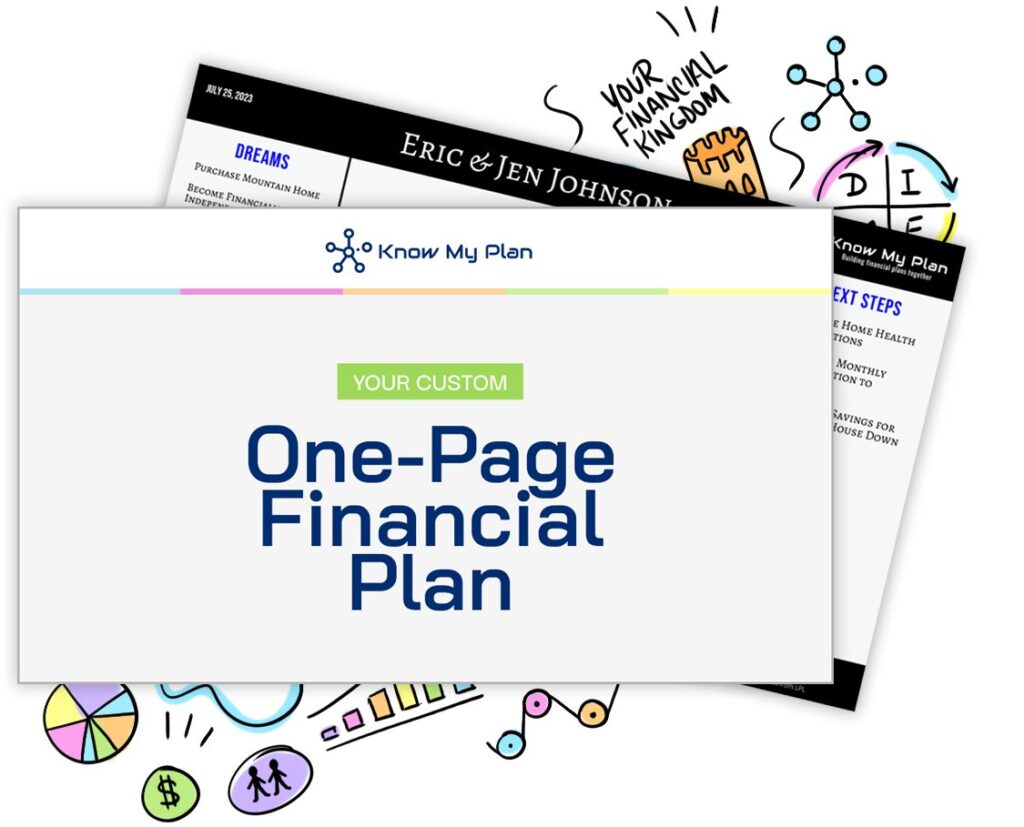In my 20 years of financial planning, I have seen that most families get serious about saving and investing at the latter of turning 50 or their children graduating college.
At that time, they begin maxing out their 401k (with the catch-up provision) and squirreling away money as aggressively as possible.
In a lot of these cases, I watch families squander some of the best years of their life (50-65) while they try and get a point where they can ultimately retire comfortably.
I’m 42, but I certainly don’t want to feel like I am living on a tight grocery budget and not able to enjoy all that life has to offer in my 50’s and early 60’s because I have to “catch up.”
If I had a financial planning genie that granted me three wishes, I would use the first on alerting every high-achieving professional on their 40th birthday the importance of ongoing financial planning to fund their three-decade plus retirement.
For an example, let’s look at two high-achieving professionals who are trying to attain $4,000,000 in investable assets by age 60.
Apollo is 50 years old, has $1,000,000 and an annual household income of $400,000.
At a 7.8% annualized rate of return, Apollo would need to invest $131,064/year, $10,900/mo.
Rocky is 40 years old and has $472,000 and has an annual household income of $300,000.
At a 7.8% annualized rate of return, Rocky would need to invest $42,003/year, $3,500/mo.
Everyone wants to be Rocky, but without a goals-based financial plan, too many people ending up cramming like Apollo, starting with $528k more and still having to 3x as much monthly.
- Who do we think has more fun?
- Who do we think has more memorable experiences with loved ones?
- Who has a little bit more margin to live and give generously?
I hope the takeaway from this example is that financial planning is NOT about providing superior returns (such as trying to outperform an arbitrary benchmark like the S&P 500).
At Know My Plan, we believe financial planning is about pursuing more rewarding outcomes (bucket list items, hobby’s, philanthropy, time with family, etc…).
The earlier you start ongoing goals-based financial planning, the more flexibility and options you’ll have later in life.
If you or someone you’re close to is a high-achieving professional that could use help aligning their finances and establishing a financial plan, please reach out to us, we’re accepting new clients and eager to help.
Cheers, Nic




